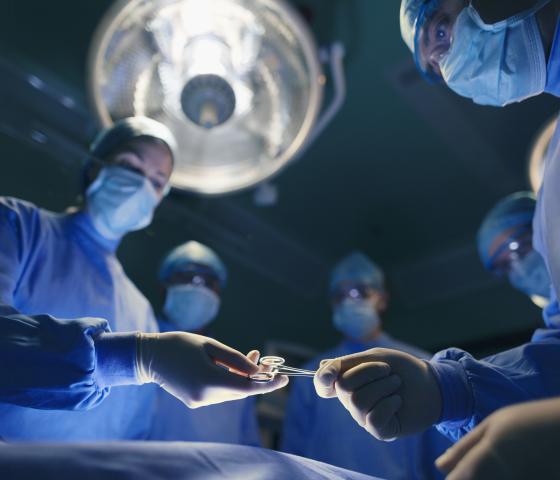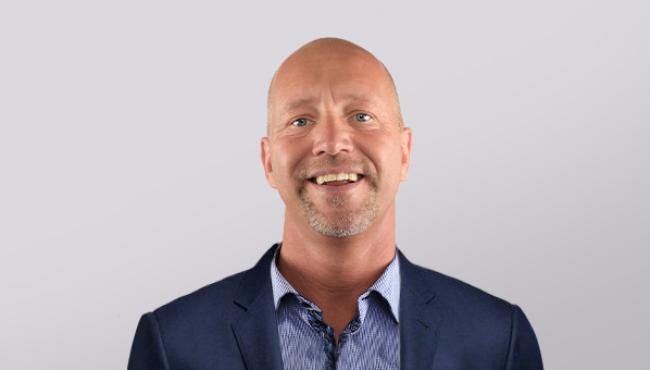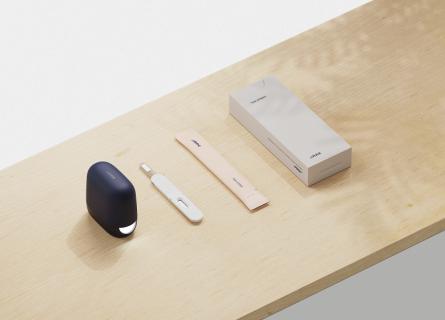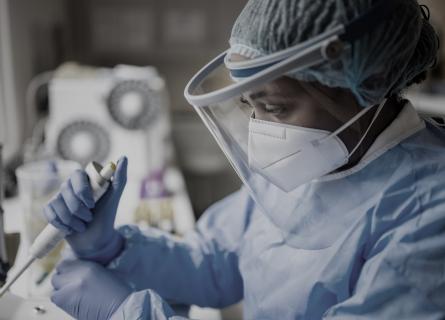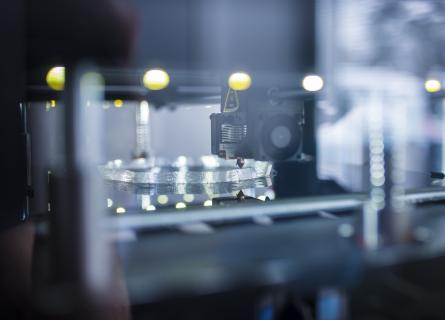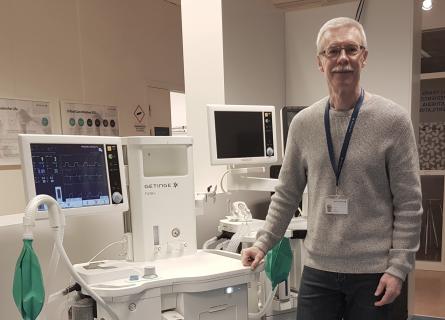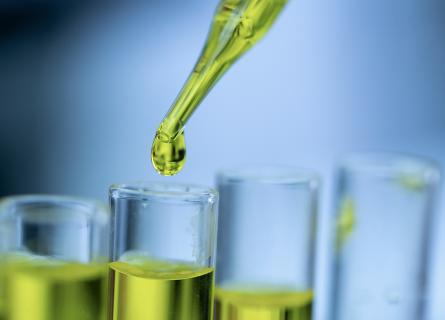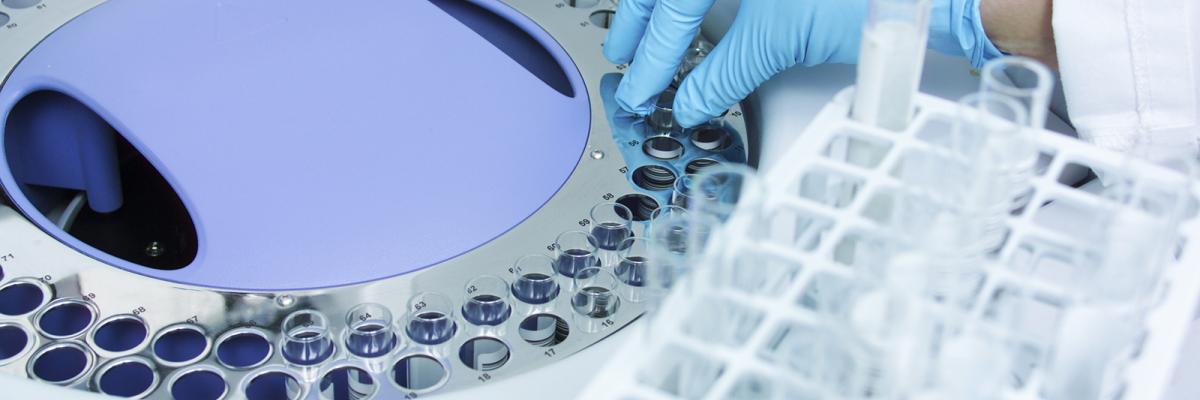
Medical Device Development
A reliable partner in medical device development
Our dedicated and experienced consultants support you in advanced development and production in an extensively regulated environment.
AFRY has experience in managing and implementing projects in medical technology and has been part of the development of medical devices within customers' research and development departments. This includes development work for products, from therapeutic lasers and microwave systems to sterilization systems and sterile disposable products. AFRY is certified according to ISO9001.
Examples of core competence:
- Project Management
- Quality Assurance
- Commissioning, Qualification and Validation
- Quality Management System, ISO 13485
- Requirement Management
- Supplier Quality Assurance
- Risk Management, ISO 14971,
- Product Safety Regulations, MDR, IVDR
- Technical Documentation/ Communication
- Environment, Health & Safety regulations
- Change Management
- Medical device product development
- Software development, embedded real time and connected devices
- Electronics development and production
- Mechanical engineering, design, material and plastics
- IoT/Connectivity
Learn more about medical devices
In medical devices, there are regulations that define what a medical device is, but in simple terms, a medical device is a product that is used to diagnose and / or treat a patient's diseases or replace the anatomy.
Medical devices are used in all parts of healthcare, but can also be found elsewhere in our society. An example could be our mobile phone which has a function where you can measure your heart rate. Measuring the heart rate is about diagnosing so that function could be a medical device, but it is not really that simple. The function of our mobile phone is often not classified as a medical device because the manufacturer states that it is not intended to be used as such.
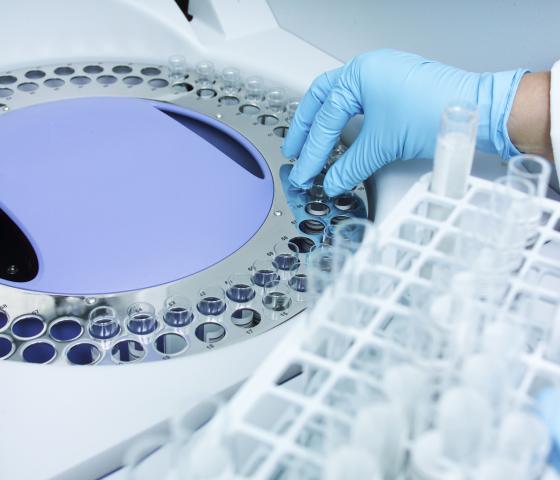
First, the manufacturer must read the regulations and the definition and decide what the intended use is for the product. In the next step, the manufacturer must state this in his documentation about the product, the user must be able to read the instructions for use for the intended use.
Some examples of products classified as medical devices range from compresses, contact lens products, syringes, needles, infusion tubes and pumps for drug administration to X-ray equipment and hearing aids. There are also medical devices that are used by individuals for self-care and as aids in everyday life. Now a days, information systems and software that handle information about the patient are also classified as medical devices.
Healthcare is a technology-intensive business and medical devices are a prerequisite for modern healthcare. The use of these products requires knowledge of their functioning. Knowledge is also required about the risks associated with their use and management, as well as the environment required for a product to be safe.
